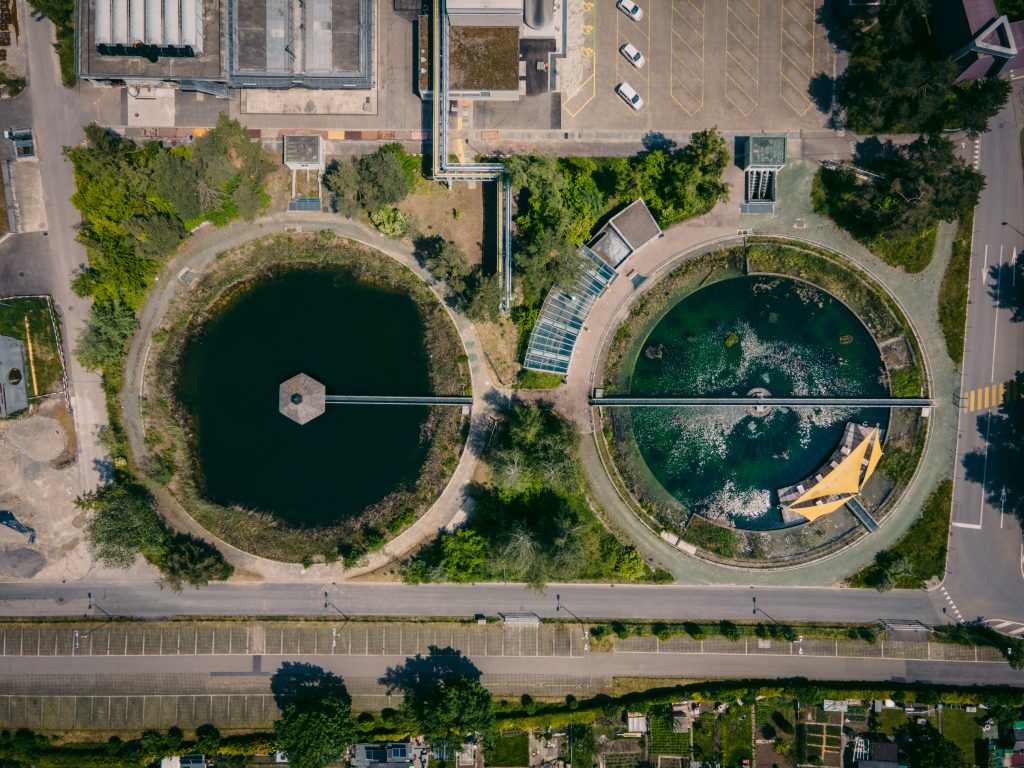Nowadays our development system is based on the so-called Linear Economy, which exploits natural resources (mostly fossils) to generate goods and services, closing its production process with the elimination of waste, destined to accumulate more and more.
On the other hand, Circular Economy offers what we really need as a global community, it in fact aims to reduce most of the waste, converting it into an available resource which can be reused as a secondary raw material into the production process. Every product or output, from the moment it is manufactured to the moment of its actual use, is optimized until the end of its life cycle. In this way it is possible to recover and reuse all (or almost) the waste material as a starting point in another production chain. Circular Economy aims to eliminate waste through a better structure and a more efficient design of materials, products, systems and even business models, adding value and quality to the production process. A new economical process to avoid the self-drowning system we are facing today.
Social and Economic benefits
In Europe, 64.4 million tons of plastic are produced every year, which in total have a value of 355 billion euros and of which only a third is recycled. This brings at very high disposal costs, just think that at the European level the only cost for cleaning the beaches is 630 million euros, while at the global level we reach 13 billion a year, exponentially increasing the social discomfort generated by the unsustainability of waste management costs. What is needed is basically a more sustainable process, Circular Economy represents an excellent solution: a fair investment in the circular waste management sector could generate a profit, both in monetary and social terms. Favoring the practice of separate collection in fact, creates the possibility of classifying waste according to the different recycling properties, thus promoting their transformation into secondary raw materials.

Environmental Benefits
Circular Economy doesn’t stop to waste management, this innovative economic model opens up to renewable energy supplies, sustainable mobility, urban forestation and the reduction of polluting processes in general. Thus one of the main goals of Circular Economy is to include natural elements in the urban areas, since by nature, plants are able to absorb CO2 and purify the surrounding air from various polluting substances. They are tools that nature offers us to mitigate the microclimate and the impact of climate-changing emissions, which are excessively high in the city.
Adopting strategies like urban forestation and avoiding carbon fossil supplies, environmental benefits can grow more and more, creating a low-impact society and avoiding tons of polluting substances which harm the natural environment.
.





